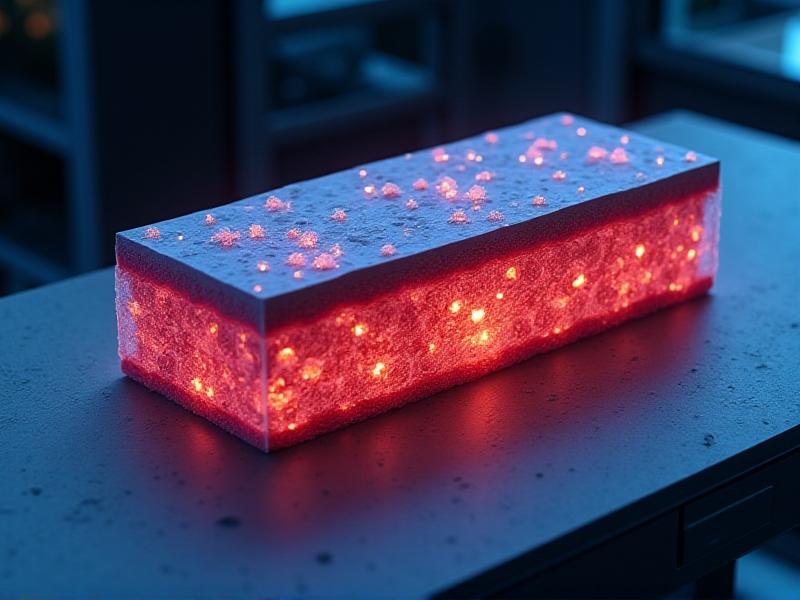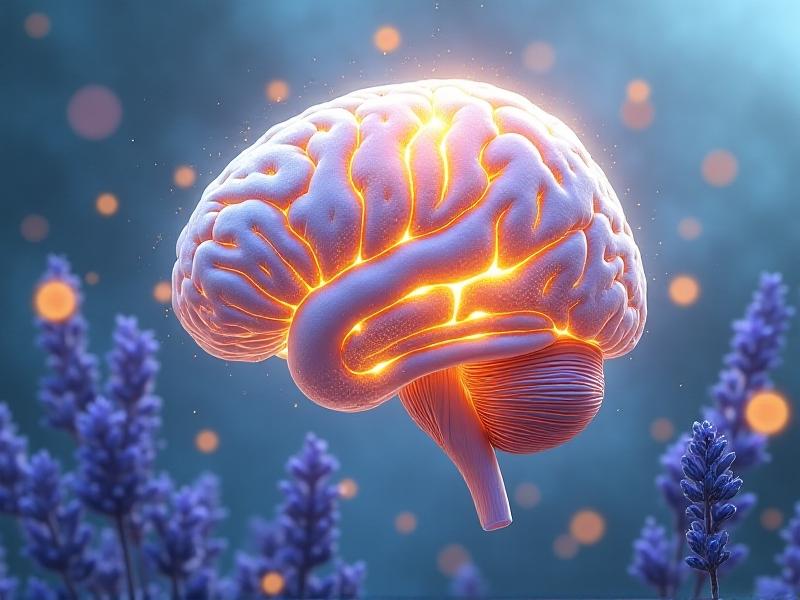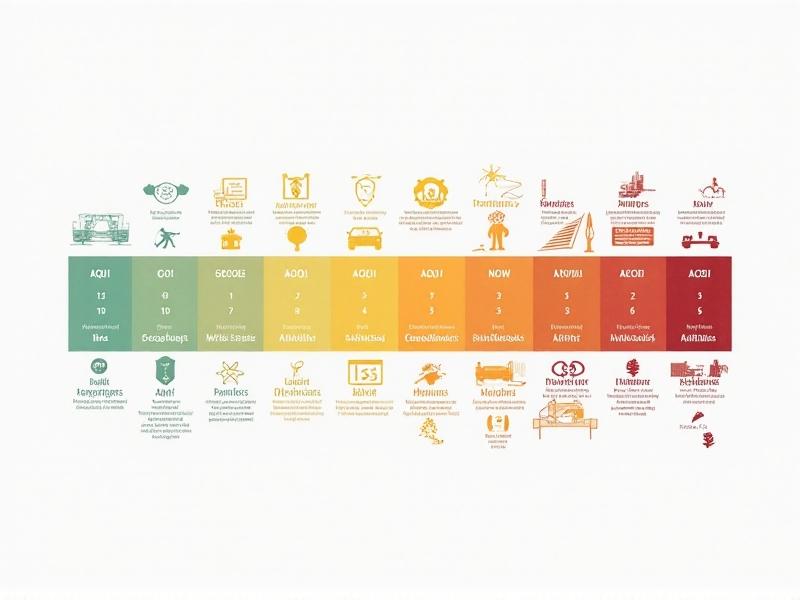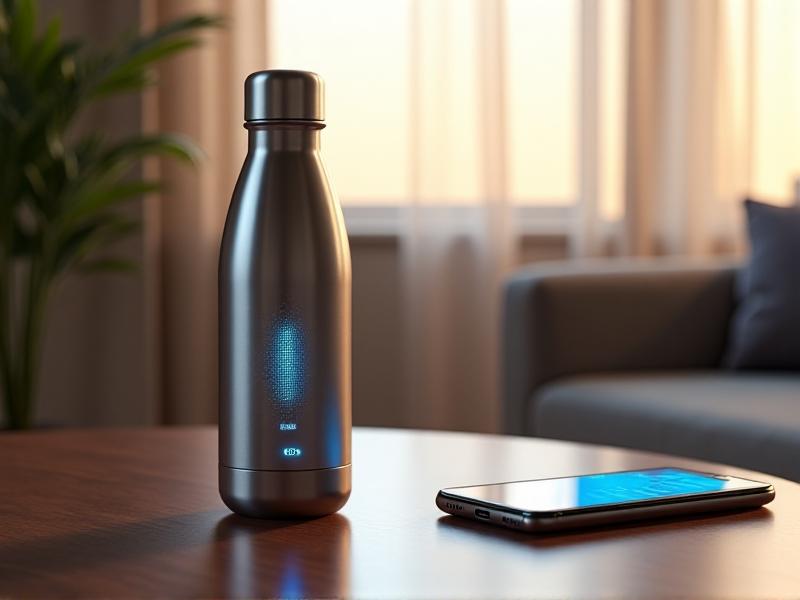Hydration-Linked Stress Level Tracking
Hydration-Linked Stress Level Tracking: Unlocking the Connection Between Water and Well-Being

The Science Behind Hydration and Stress
Water is the foundation of nearly every bodily function, from regulating temperature to flushing toxins. But its role in stress management is often overlooked. When dehydrated, the body increases production of cortisol, the primary stress hormone. Research shows even mild dehydration (a 1-2% loss of body water) can trigger measurable spikes in cortisol levels. This creates a vicious cycle: stress causes forgetfulness about drinking water, while dehydration heightens physiological strain. The hypothalamus, which controls both thirst and stress responses, becomes overworked when fluids are low, leaving the body stuck in a heightened state of alert.
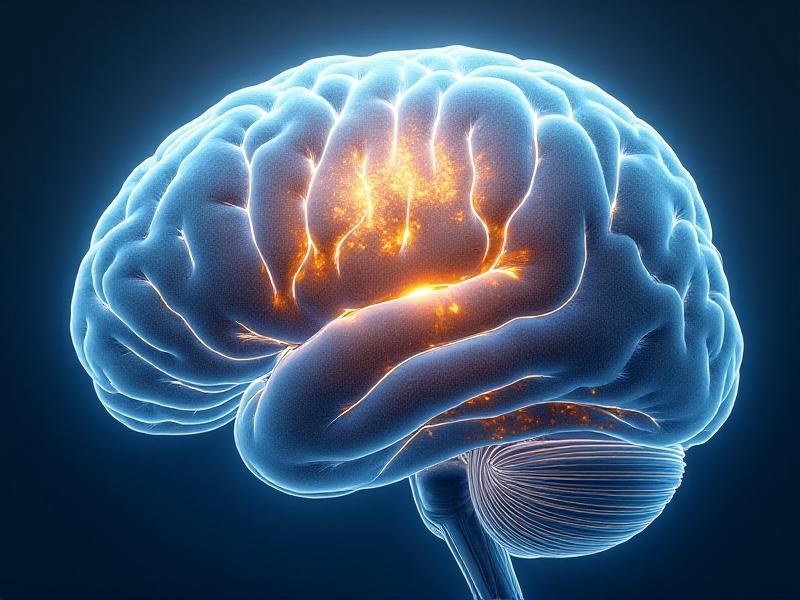
How Dehydration Quietly Fuels Chronic Stress
Imagine your body as a car engine: without adequate coolant, it overheats and strains. Chronic dehydration works similarly, creating low-grade stress that often goes unrecognized. Symptoms like brain fog, irritability, and fatigue are frequently misattributed to workload or lack of sleep. A University of Connecticut study found dehydrated participants reported significantly higher anxiety levels during cognitive tests compared to hydrated counterparts. This "silent stress" accumulates over time, potentially weakening immune function and disrupting sleep patterns—two key factors in stress resilience.
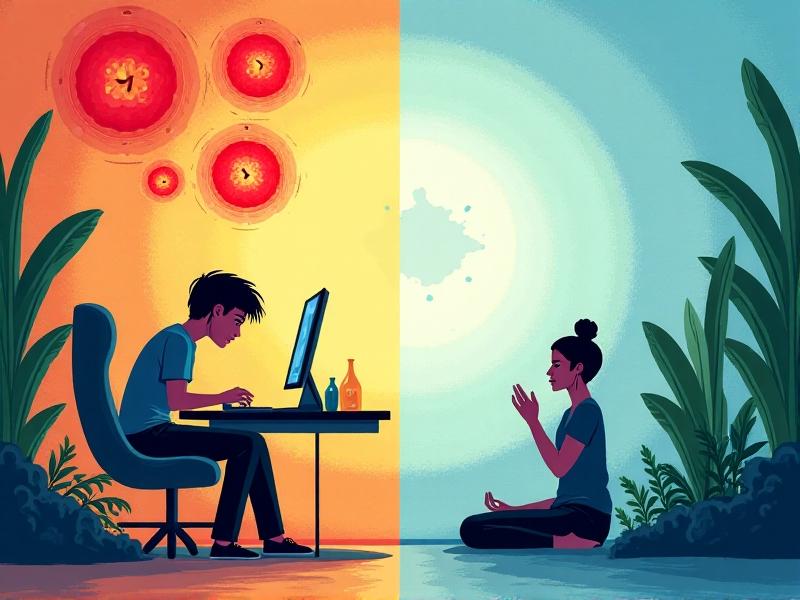
Modern Tools for Tracking the Water-Stress Relationship
Emerging wearable technologies now allow real-time correlation between hydration and stress biomarkers. Smart water bottles like HidrateSpark sync with fitness trackers to compare water intake against heart rate variability (HRV) data—a key indicator of stress. Meanwhile, apps such as WaterMinder and Garmin Connect overlay hydration logs with stress score trends. For analog enthusiasts, the "Hydration & Mood Journal" method involves tracking water consumption alongside hourly emotional states using color-coded stickers. These tools reveal personalized patterns, like how afternoon slumps often follow inadequate morning hydration.
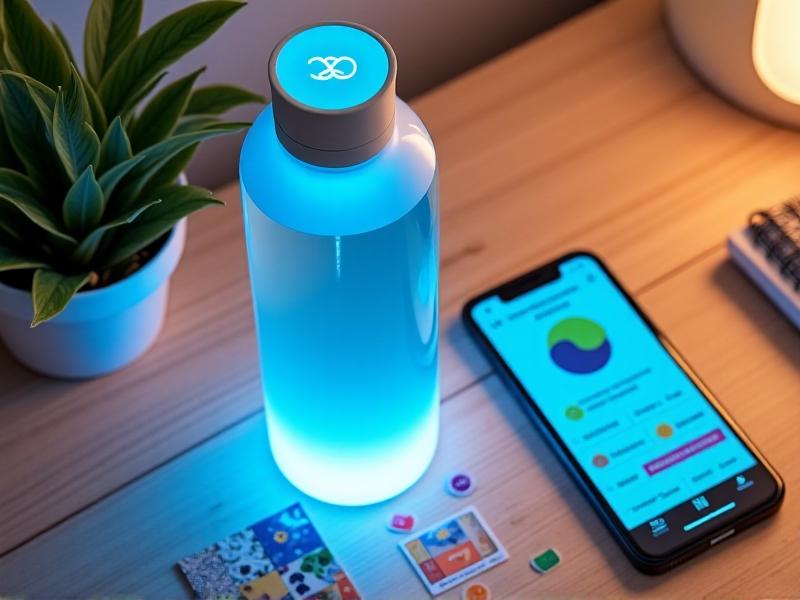
Practical Strategies for Dual Water-Stress Management
Pairing hydration with existing routines enhances compliance. Try the "Sip & Breathe" method: before each scheduled water break, take three deep breaths to activate the parasympathetic nervous system. Temperature matters—room temperature water with lemon improves absorption rates compared to icy drinks. For stress-prone professionals, setting "hydration checkpoints" before meetings creates natural pauses. Nutrition integration boosts effectiveness: watermelon cubes or cucumber-infused water provide both fluids and stress-reducing magnesium. A Berkeley study found participants who combined increased water intake with 5-minute mindfulness breaks reported 34% lower perceived stress than those using either method alone.
Real-World Success Stories: From Athletes to Executives
Seattle-based tech company FlowWave implemented mandatory hydration reminders paired with standing desk yoga sessions. Over six months, they saw a 27% reduction in stress-related sick days. Marathon runners at Arizona State University improved race times by 4% after adopting pre-training hydration protocols guided by saliva cortisol tests. Even more compelling: a London psychotherapy practice found clients tracking water intake alongside mood swings experienced faster progress in anxiety management. These diverse cases confirm hydration's universal role in stress modulation across lifestyles.
The Future of Integrated Hydration and Stress Care
Next-gen solutions are blending AI with biochemistry. Experimental patches using graphene sensors can now detect dehydration through sweat electrolytes while simultaneously measuring cortisol levels. Startups like AquaNaut develop personalized hydration plans based on genetic testing, factoring in ACE gene variants that affect salt retention. Looking ahead, smart kitchens might auto-dispense stress-reducing mineral waters based on real-time biometric data. This integration promises a future where hydration tracking evolves from simple reminders to a sophisticated pillar of preventative mental healthcare.
